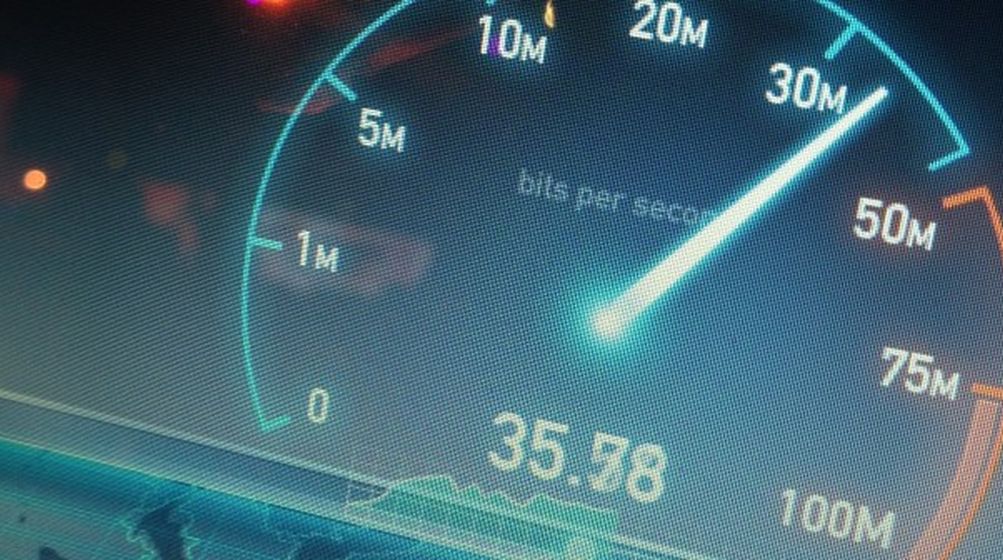Internet service providers have to stay on their toes these days. Competition is fierce and recent government legislation only inspires ISPs to recognize that they’re destined to compete for business. That’s good news for customers who will need even faster internet as the years go by. The online world is a bustling one now, filled with more images, video, and audio than ever before. To keep up the pace, ISPs are in a constant race. How’d that race end up last year?
Google Fiber Rules the Kingdom
Remote work and education are a reality in today’s world and became the norm during a pandemic that found many people quarantining. Internet service providers had to step up their game during this time period in order to keep the country productive and moving forward. Google Fiber ended up being the fastest internet service provider last year, clocking in at a maximum 2,000 Mbps. Their yearly average was 151.5 Mbps on the whole.
Verizon Fios was a strong runner-up with their 940 Mbps maximum speeds. They’ll always be a strong contender against Google Fiber, but it’s obvious that Google is determined to stay in front of the pack. They more than doubled Verizon Fios maximum speeds. They are also followed by strong competition from Metronet, Xfinity, and Astound Broadband. All of these providers aren’t available in every area of the country yet, though, so there’s room for additional competitors to step into the fray.
Another Sad Year for Rural Internet
With all this talk of fast internet, it’s disappointing to know that rural internet providers weren’t able to really make a dent in the long years of stagnation for these areas of the country. Much of rural America is either still without affordable internet entirely, or they’re forced to go with slower options like DSL.
Satellite internet is on the radar for some rural communities, although last year wasn’t the magical year everyone hoped it would be. The extreme cost of satellite internet makes it extremely prohibitive to rural residents who just don’t have the money to spend on such a luxury. Starlink is the primary contender for rural satellite internet services, and they were able to bring 55 Mbps internet to more isolated areas last year. What they couldn’t bring, though, was internet that keeps up pace with the rest of the country.
HughesNet is another satellite internet provider that had a disappointing year for rural citizens last year. They actually had less speed available last year than they had in recent years. Disappointment isn’t the end of things, though, and they feel like they’ll rebound strong next year.
The Future is Faster than Ever Before
Internet service providers are in a race to provide internet that keeps up with today’s many mobile devices and large blocks of video streaming services. When you’ve got so much data flowing through a single consumer house, you’ve got to have the speeds to back it up. For now, it looks like Google Fiber and Verizon Fios are the top two service providers for raw connectivity speed. That’s not to say they don’t have their own competition, though, with three other providers quickly evolving their own services to win over customers.
New rivals will pop up around the country, especially in underserved rural areas. Starlink plans to make a real go of things in rural America, but for now they’re stuck competing with providers who are expanding each day. If Google Fiber and/or Verizon Fios can overcome technical hurdles to arrive in rural communities, there may one day be no need for an expensive satellite option. Starlink appears to believe – for now – that Google and Verizon have chosen to ignore more rural areas, though, so they’re rushing to meet a need in underserved areas of the country. We know one thing above all else, though: competition is booming.
